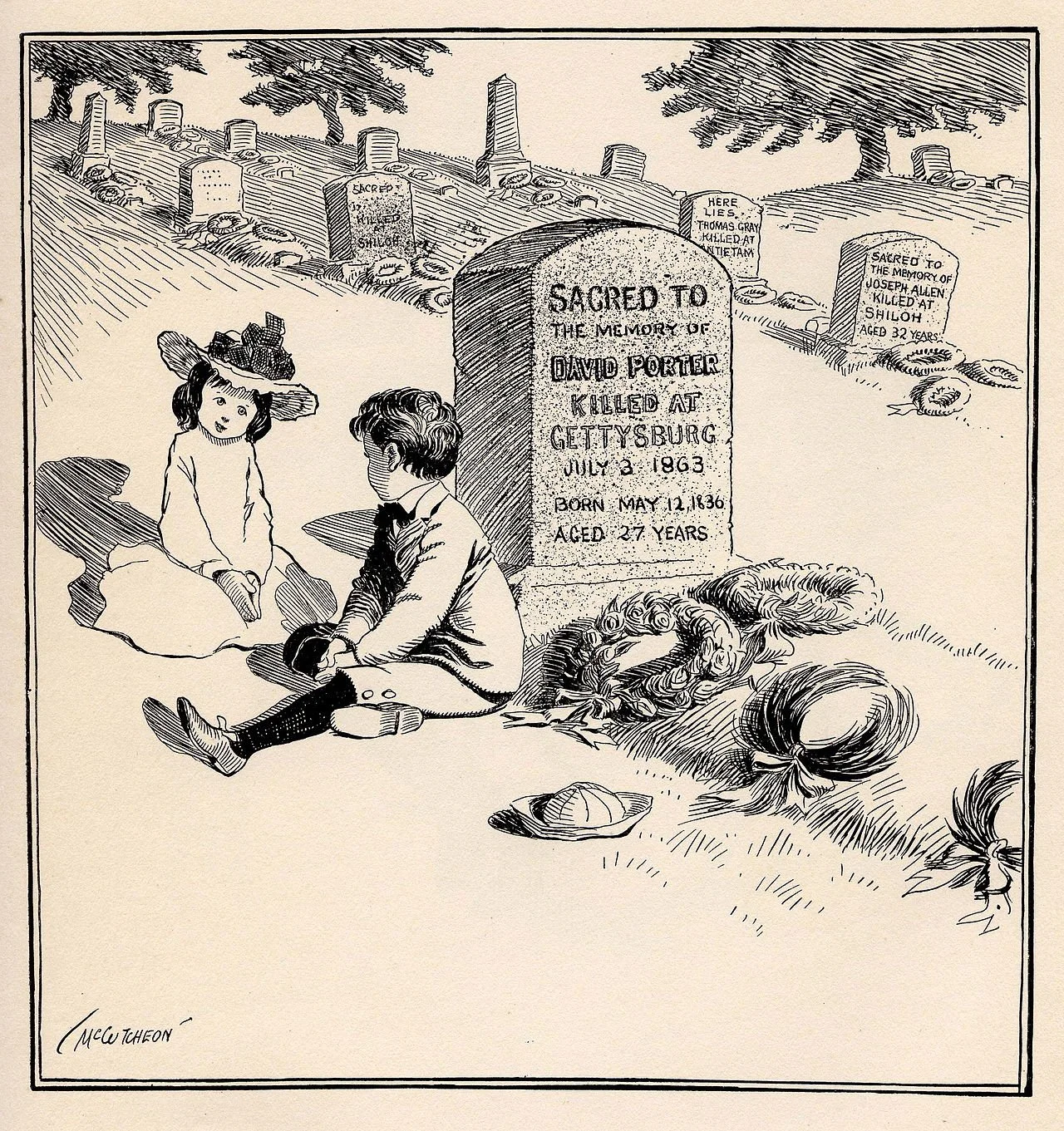VERNON, Conn.
Ralph Nader once again is prowling the countryside saying things that are not so much wrong as passé. He does this because he himself is passé. Consumer advocacy, Mr. Nader’s specialty, reigns supreme everywhere in Connecticut, which only a short while ago sent to Congress the nation’s first consumer-protection senator, Dick Blumenthal, a little stiffer than Mr. Nader, but made from the same ideological cloth.
Not having kept up with the times, Mr. Nader seems to be laboring under the illusion that both major political parties in the United States “continually reject even considering cracking down on corporate crimes, crony capitalism or corporate welfare.”
Not at all true. In fact, the fight against crony capitalism may play a significant part in the Connecticut gubernatorial race this year. Guess which one of the parties has rejected crony capitalism? Hint: It isn’t the party of Jefferson, Jackson and the Nutmeg State's late and iconic Democratic boss, John Bailey. Is it not curious that the sharp-sighted Mr. Nader could have failed to notice that real capitalists have an aversion to fake capitalists?
In a column that appeared in The Hartford Courant, Mr. Nader, who appears to be supporting Jonathan Pelto for governor this year, asks rhetorically, “What if they [both major political parties] reject a proven, superior way to educate children? What if they refuse to consider an end to unconstitutional wars or to a grotesquely twisted tax system favoring the rich and powerful — to name a few of the major agenda items not even on the table for discussion by the two parties?”
Apparently, Mr. Nader’s “superior way to educate children” is the same as Mr. Pelto’s superior way to educate children -- which, for reasons not mysterious, is the same as the education lobby’s superior way to educate children. This method involves unlinking education outcomes and salaries, the rejection of testing to measure educational outcomes, and supporting without question or hesitation extravagant union demands, however much they strain taxpayers' ability to pay.
It may surprise Mr. Nader, but Steve Forbes -- to be sure, a successful businessman (via his family's Forbes Magazine) and therefore suspect -- long ago supported a flat tax that even redundantly wealthy progressive tax supporters such as Warren Buffett would pay. Other Republicans favor a fair tax. The idle rich love progressive taxation because they alone are able to afford pricey tax lawyers to exploit a tax code awash in exceptions, which is why, come to think of it, Mr. Buffett’s effective tax rate is less than that of his secretary.
Republican libertarian heartthrob Rand Paul, who most recently has called for demilitarizing the police -- police, mind you -- is the opposite of a warmonger, and the U.S. Constitution has played a major role in Tea Party gatherings. One gasps at the thought that in some important respects Mr. Nader may be at heart a closet Randian Republican.
Mr. Nader’s fire in his column is pointed in two directions: at the Journal Inquirer newspaper, of Manchester, which from time to time has spanked his backside, and at the notion that spoilers are spoilers.
Jon Pelto, for most of his life a Democrat, has entered this year’s gubernatorial contest as an Independent. Some reporters and commentators have noted that Mr. Pelto might well end up “spoiling” the campaign of Gov. Dannel Malloy, who prevailed over his Republican challenger, Tom Foley, in his first gubernatorial campaign by an uncomfortable razor-thin margin.
In preference polls, Mr. Malloy noted recently, the needle hasn’t moved a jot since the first Malloy-Foley gubernatorial campaign. Mr. Foley once again is challenging the sitting progressive Democratic governor and, marvel of marvels, the notion has been bruited about that Mr. Pelto’s Independent campaign might “spoil” Mr. Malloy’s progressive re-run against Mr. Foley – meaning that Mr. Pelto may draw a sufficient number of votes from Mr. Malloy so as to cause him to lose his gubernatorial election bid. A similar brief has been filed against Joe Visconti, once a Republican and now an Independent who is challenging Republican Party hegemony on the right. Among some eccentrics on the left, the irascible Mr. Nader in particular, it has now become inadvisable to state the bald truth – which is this:
Jon Pelto’s presence in the gubernatorial race is designed to move Mr. Malloy further left, while Mr. Visconti’s presence in the gubernatorial race is designed to move Mr. Foley further right. Neither of them have a snowball’s chance in Hell of becoming governor. If either of them were successful in actually winning the gubernatorial contest, the victor will have been a successful spoiler.
The chief defect in Mr. Nader’s complex character is that he does not know when to stop protesting; this is the disabling defect of the entire Western World since the beginning of the Protestant Revolution, which helped lead to the Enlightenment. The protesters do not know when they have won; they continue protesting until all their gains have been lost.
Mr. Nader lives in Connecticut, the most progressive state in what used to be called, before the near total victory of the administrative state, the American Republic. He has won. He should go home, pop a beer, watch a ball game, and celebrate the destruction of the Republican Party in Connecticut.
Don Pesci (donpesci@att.net) is a political columnist who lives in Vernon, Conn.














